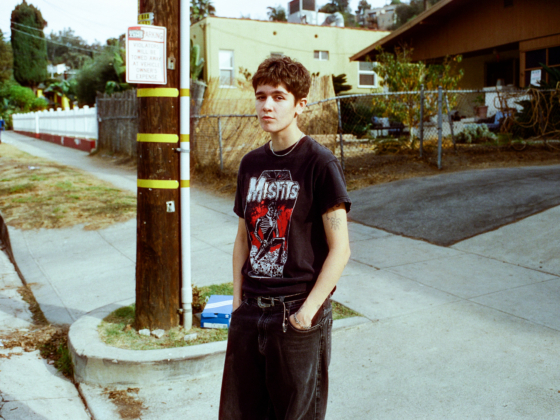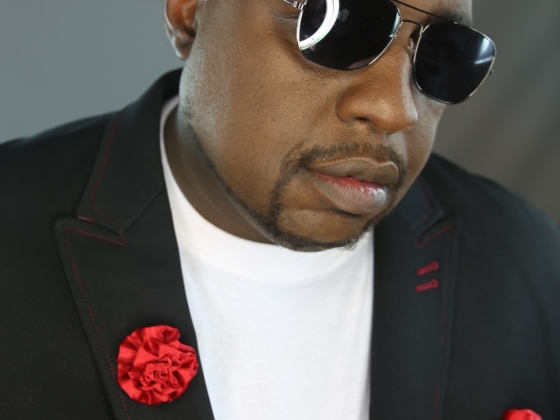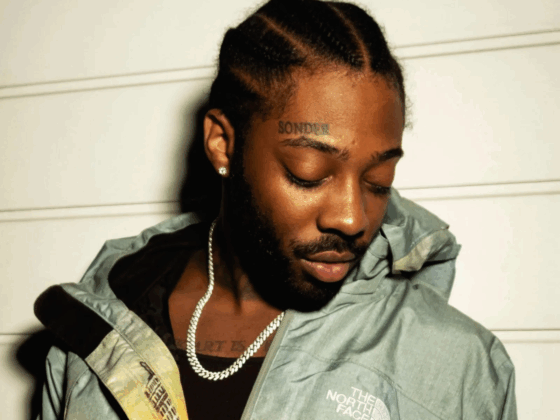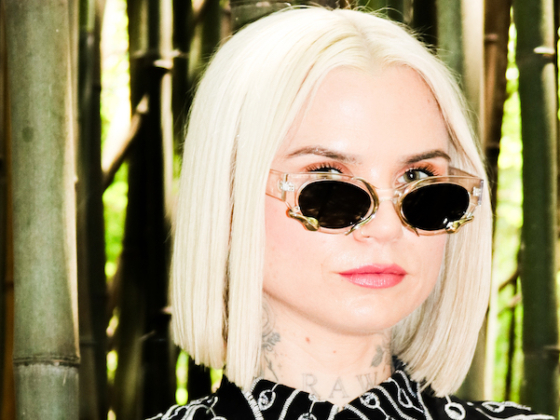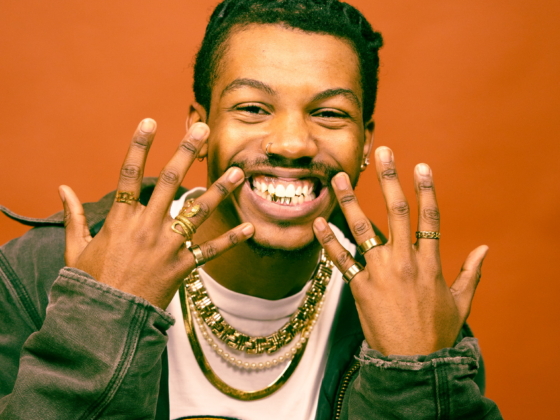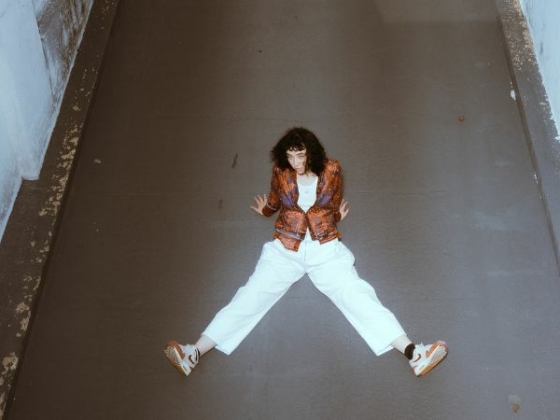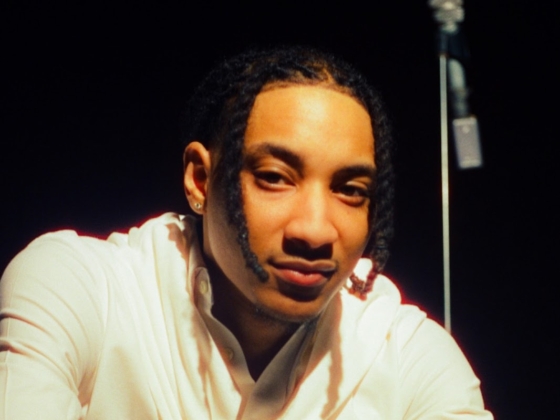Hip-hop/rap artist Blake Theriot shares minimal yet purposeful anthem “Late Night Theme,” delivering a self-assured message rooted in empowerment and calm reassurance.
Led by grounding rhythms, steady synths and a crisp delivery, the track is intense and understated all at once as it reflects upon the past yet looks forward with a startling clarity . With poetic lyricism at its helm, Theriot offers up a stripped-back production that leaves us thoughtful with its subtle yet sharp messaging.
A genre-bending artist and producer spanning pop, indie, and rap, Blake Theriot’s ability to amplify human experiences and emotions through his sleek musicality cements his place as an act to watch.
Connect with Blake Theriot : Instagram


